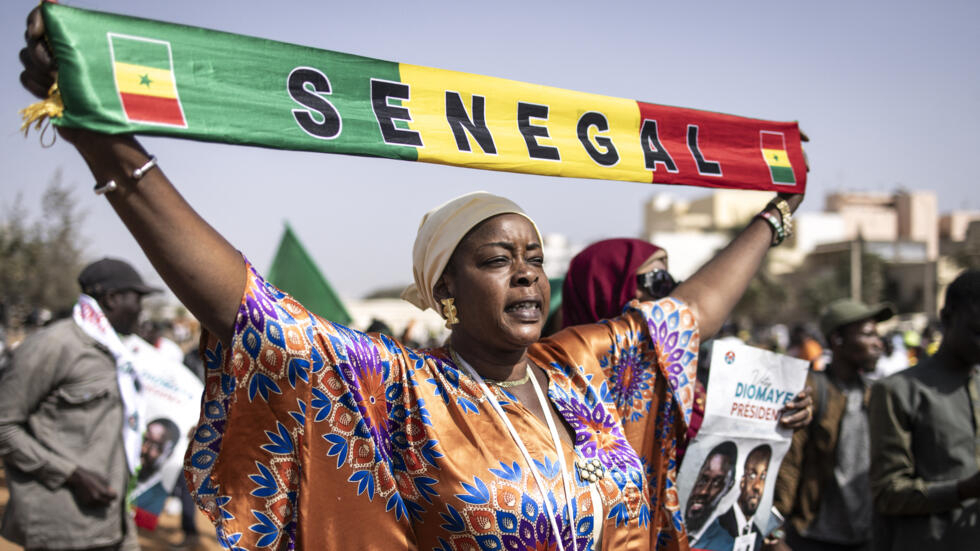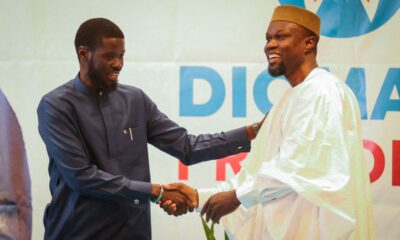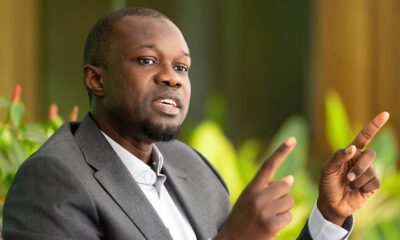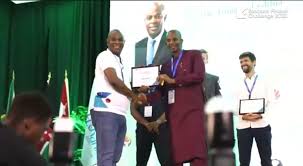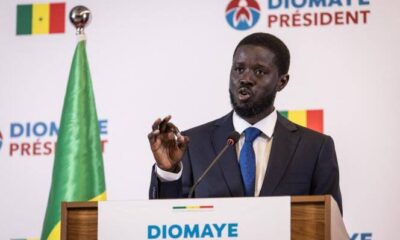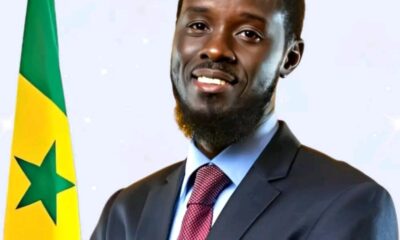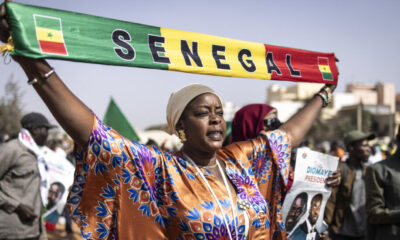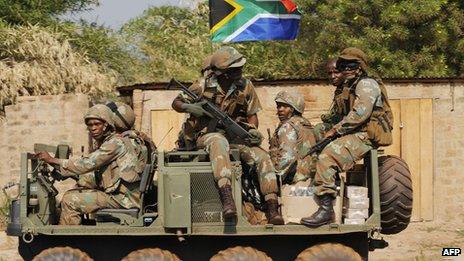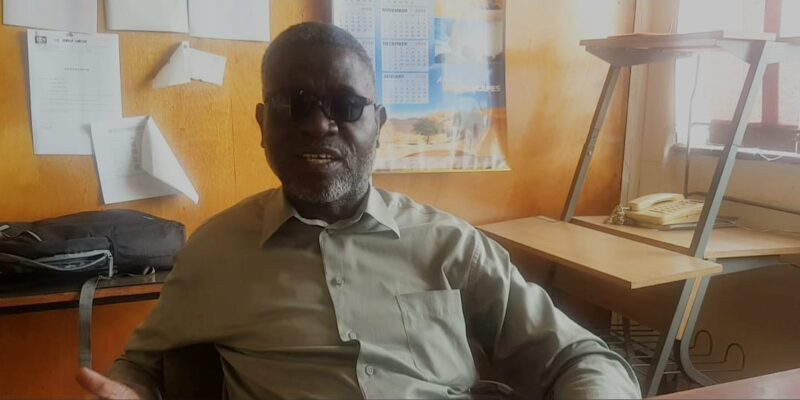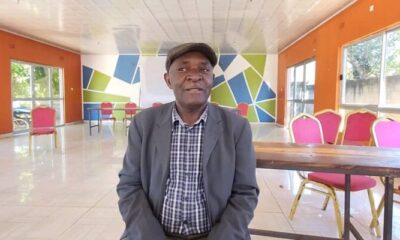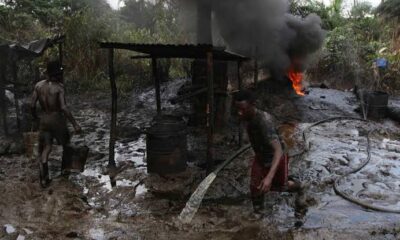The government of Senegal says President Macky Sall has now fixed March 24 for the postponed presidential election following a ruling by the Supreme Court that a plan to delay the ballot after his mandate expires on April 2 was illegal.
The announcement completes a tumultuous evening in which Sall dismissed Prime Minister Amadou Ba and installed Interior Minister Sidiki Kaba in his stead. This allowed Ba, the presidential candidate of the ruling coalition, to concentrate on his campaign, according to the presidency.
The abrupt postponement of the referendum, which was originally set for February 25 to December, has left Senegal in crisis mode and increased opposition to what many see as an attempt to extend Sall’s mandate and a threat to one of the last democracies in coup-affected West Africa.
A proposal from a national dialogue panel for the vote to take place on June 2 was previously declared unconstitutional by the Constitutional Council.
“The President of the Republic informed the Council of Ministers that the date of the presidential election had been set for Sunday, March 24,” the council of ministers said soon after in a statement.
The decision is the most recent development in a months-long electoral dispute that has provoked violent upheaval, with international friends of Senegal warning that the country’s standing as one of the more stable democracies in coup-hit West Africa is in jeopardy.
The move represents the most recent development in an electoral crisis that has lasted for more than a month and resulted in deadly upheaval and warnings from Senegal’s international partners that its standing as one of the more stable democracies in coup-hit West Africa is in jeopardy.
The majority of the 19 candidates in the contest, including Anta Babacar, the opposition presidential candidate, welcomed the revised date and called for an early poll.
“I think this is very good news. This is the reason why we were fighting for these past weeks and days, because we knew that it was actually possible to hold these elections before April 2,” she told a journalist.
The authorities’ unsuccessful attempt to move the poll scheduled for February 25 to December is what started the unrest in the first place.
Sall justified the action by citing worries about electoral disputes, but some opposition members claimed it amounted to an attempted institutional coup.
Additionally, parliament passed Sall’s proposed amnesty law on Wednesday night in an effort to defuse the tensions surrounding his negotiations with the opposition.
Human Rights Watch (HRW) warned on Tuesday that while the law might pardon hundreds of demonstrators and opposition members accused of crimes related to anti-government protests in the previous three years, it would also probably absolve security forces of responsibility for their excessive and occasionally lethal use of force against demonstrators.

 Sports2 days ago
Sports2 days ago
 Metro2 days ago
Metro2 days ago
 Tech2 days ago
Tech2 days ago
 Tech16 hours ago
Tech16 hours ago
